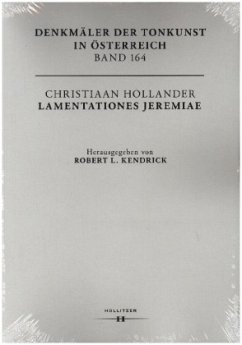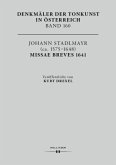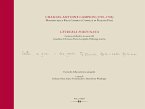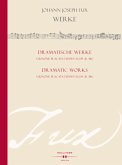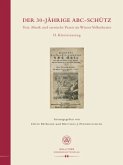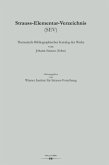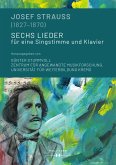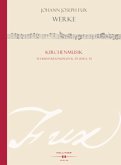Traditionally, verses from the Lamentations of Jeremiah were sung in Catholic liturgy as nine Matins Lessons during the "Triduum Sacrum" of Holy Week. Christiaan Hollander (c. 1510-1568/69) composed his five-voice cycle of such pieces for the chapel of Archduke Ferdinand II of Tyrol either in Prague (1565-66) or Innsbruck (1566-69). The only manuscript source of this work is preserved in the Austrian National Library: a codex from 1579 which opens with a dedicatory poem by Michael Echamer to Emperor Rudolph II. Echamer, Hollander's colleague at the Tyrolese court, probably took the pieces with him when he moved from Tyrol to Saxon court service in Dresden in 1569. The textual choices of the nine Lessons are unique, and not paralleled in other cycles nor contemporary breviaries. The complex texture of the pieces corresponds to Hollander's contemporary fame regarding his contrapuntal skill.
Bitte wählen Sie Ihr Anliegen aus.
Rechnungen
Retourenschein anfordern
Bestellstatus
Storno

